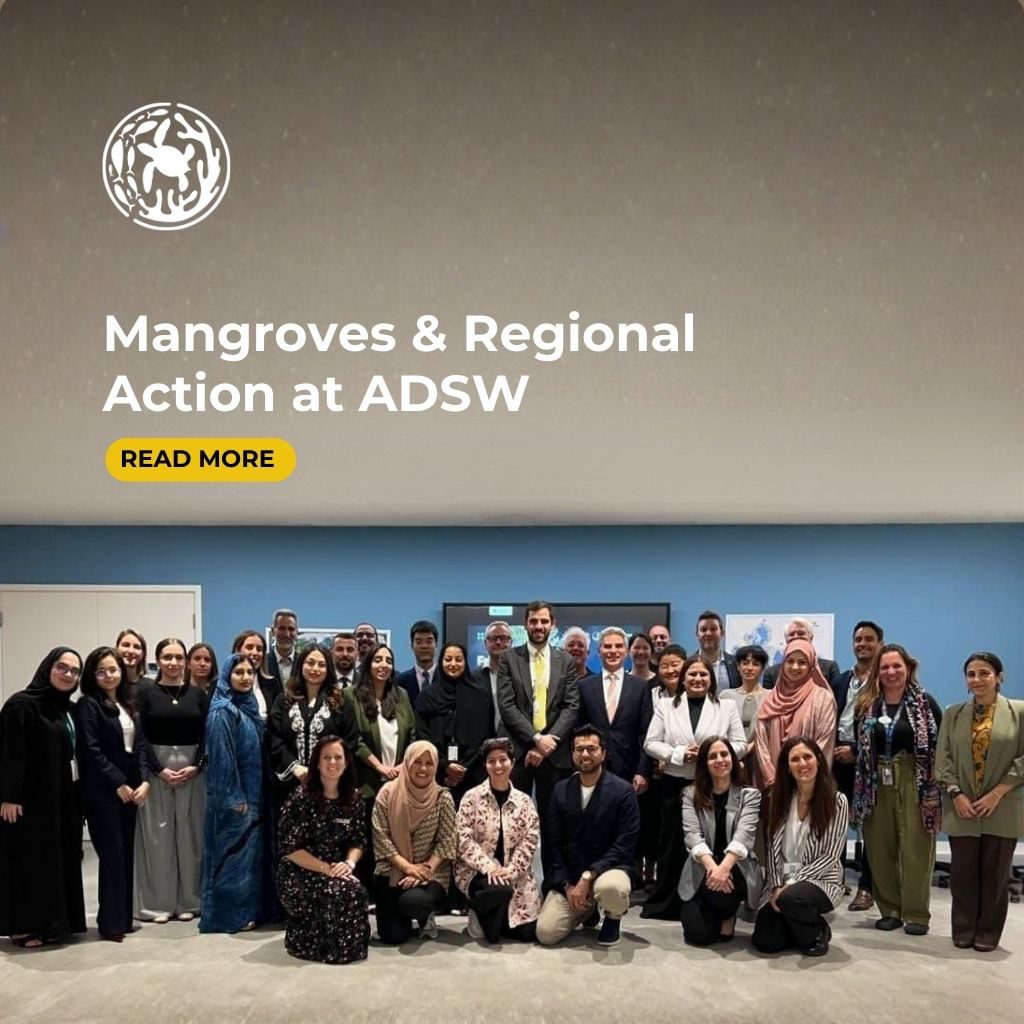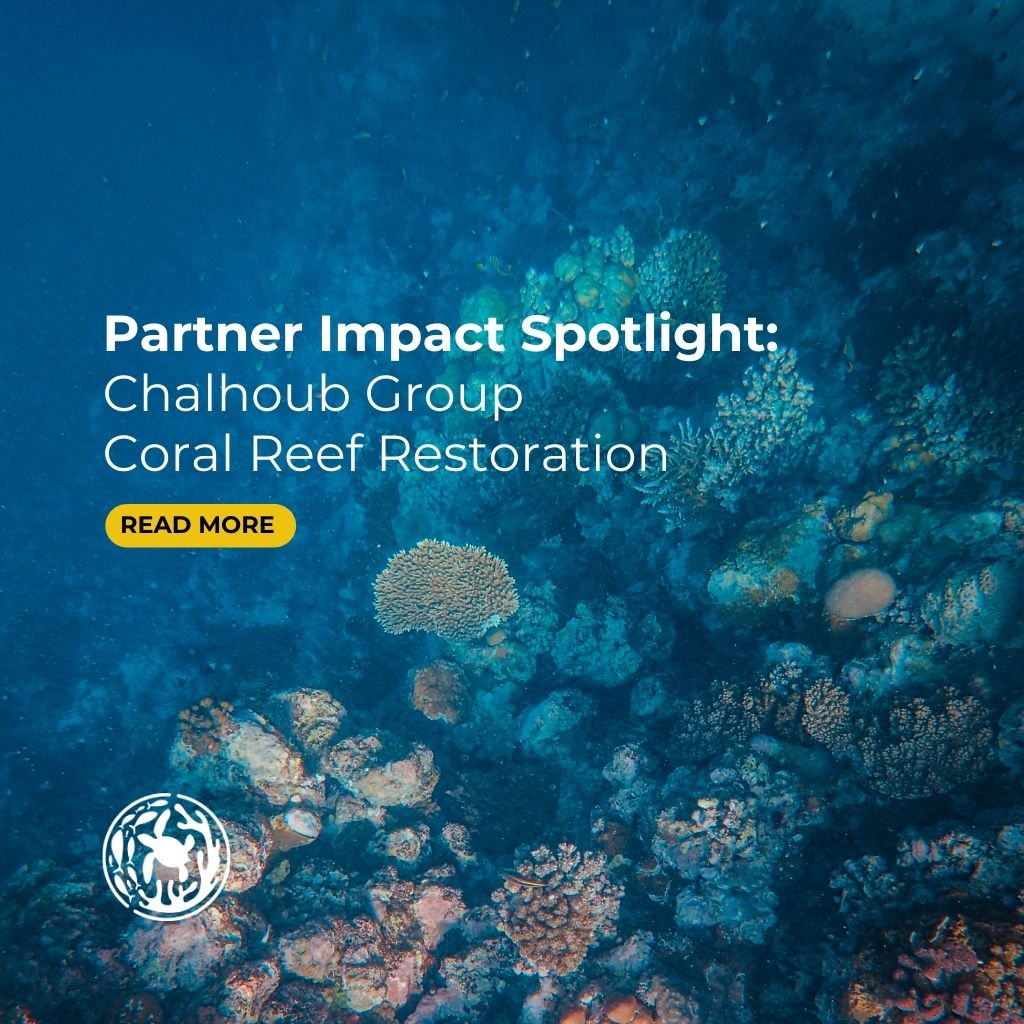

The MENA Oceans
Global Programmes integrates regional stakeholder priorities into global frameworks and initiatives, through strategic outreach and evidence based research.
Through amplified outreach and dedicated advocacy efforts, MENA Oceans provides a regional platform for global initiatives driven by inter-governmental and ocean impact organisations to convene and mobilise engagement with relevant stakeholder groups. We drive independent research projects in partnership with regional and global entities; and industry experts, to bridge the knowledge gap on key ocean priorities.
MO Global Programmes
Launched at the Blue Economy and Finance Forum (BEFF) Monaco, a Special Event preceding the Third United Nations Ocean Conference (UNOC3) 2025, the Blue Economies for Coastal Resilience programme is the first comprehensive effort to assess how climate change is reshaping key blue economy sectors in the MENA region, and to identify the opportunities these sectors hold to strengthen coastal infrastructure, ecosystems, and communities.
Phase 1 of the programme is led in strategic partnership between the MENA Oceans Initiative by Goumbook and Qatar Foundation’s Earthna.
For more information visit: Blue Economies for Coastal Resilience programme page.
The Middle East Mangrove Knowledge Hub is a science-led capacity-building programme designed to unite regional partners around a shared vision for mangrove conservation, restoration, and long-term management.
Rooted in the regional contextualisation of the Global Mangrove Alliance’s Global Restoration Guidelines and its emerging Global Learning Strategy, the Hub serves as a regional anchor point for shared learning, knowledge exchange, and the localisation of high-integrity restoration practices.
Conceptualised and hosted by Goumbook, in partnership with HSBC and the Mangrove Breakthrough, and Advising Partner: Wetlands International; it represents the establishment of a long-term regional collaborative effort with regulatory authorities, researchers and on-ground practitioners; to co-create a community of practice aimed at strengthening mangrove conservation and restoration efforts in coastal countries, through increased socio-ecological resilience.
For more information visit: The Middle East Mangrove Knowledge Hub page

Appointed as the Regional Mobilisation Hub for the MENA region in the lead up to UNOC3 by the Special Envoy of the President of the Republic of France, Goumbook is convened key stakeholders across the public and private sectors, academia, and civil society under the MENA Oceans Initiative, to enable regional alignment across critical focus areas including ecosystem resilience, regenerative blue economies, and ocean governance.
At UNOC3, our curated programme translates this momentum to the world stage, anchoring MENA’s priorities, contributions, and perspectives within the wider continuum of milestones in the global ocean agenda.
For more information visit: MENA Oceans at BEFF & UNOC 3 here.
In Partnership with Sustainable Shipping Initiative, UN Climate Change High Level Champions Team and UN Foundation.
The MENA Maritime Programme serves as the Regional Engagement and Delivery Partner for the 2030 Maritime Breakthrough, with core partners the UN Climate High Level Champions Team, Sustainable Shipping Initiative and UN Foundation.
In Phase 1, the programme co-developed the Marine Biodiversity and Ocean Health Roadmap for the Maritime Sector, focused on linking maritime decarbonisation with ocean biodiversity. Bridging the disconnect between climate mitigation in shipping and the imperative to protect marine ecosystems, the roadmap sets out pathways to align MENA regional action with global climate and ocean frameworks.
In Phase 2, focus shifts to socialisation and onboarding of key stakeholders, and implementation support toward adopting these proposed milestones.
Download the Sustainable Maritime Decarbonisation for Healthy Oceans Insights Paper here.
The Marine Biodiversity and Ocean Health Roadmap can be found here.
How To Get Involved

Join Consultations
Participate in workshops to shape maritime decarbonization, ocean biodiversity, and mangrove restoration efforts.

Collaborate on Research
Contribute to studies and frameworks for sustainable blue economy and coastal resilience.

Support Awareness
Engage in outreach or sponsor events like Blue Talks leading up to the UN Ocean Conference 2025.
Insights & News

Advancing Regional Collaboration on Mangrove Conservation at the ADSW
As part of Abu Dhabi Sustainability Week (ADSW), the MENA Oceans Initiative by Goumbook, in...

Partner Impact Spotlight: Chalhoub Group – Coral Reef Restoration
Through Sea Through, a campaign by Goumbook focused on marine conservation, we work with committed...

Blue Economies for Coastal Resilience (BEFCR) Programme Launches at Regional Workshop in Doha, Qatar
Launched at the Blue Economy and Finance Forum (BEFF) Monaco, a Special Event preceding the...

